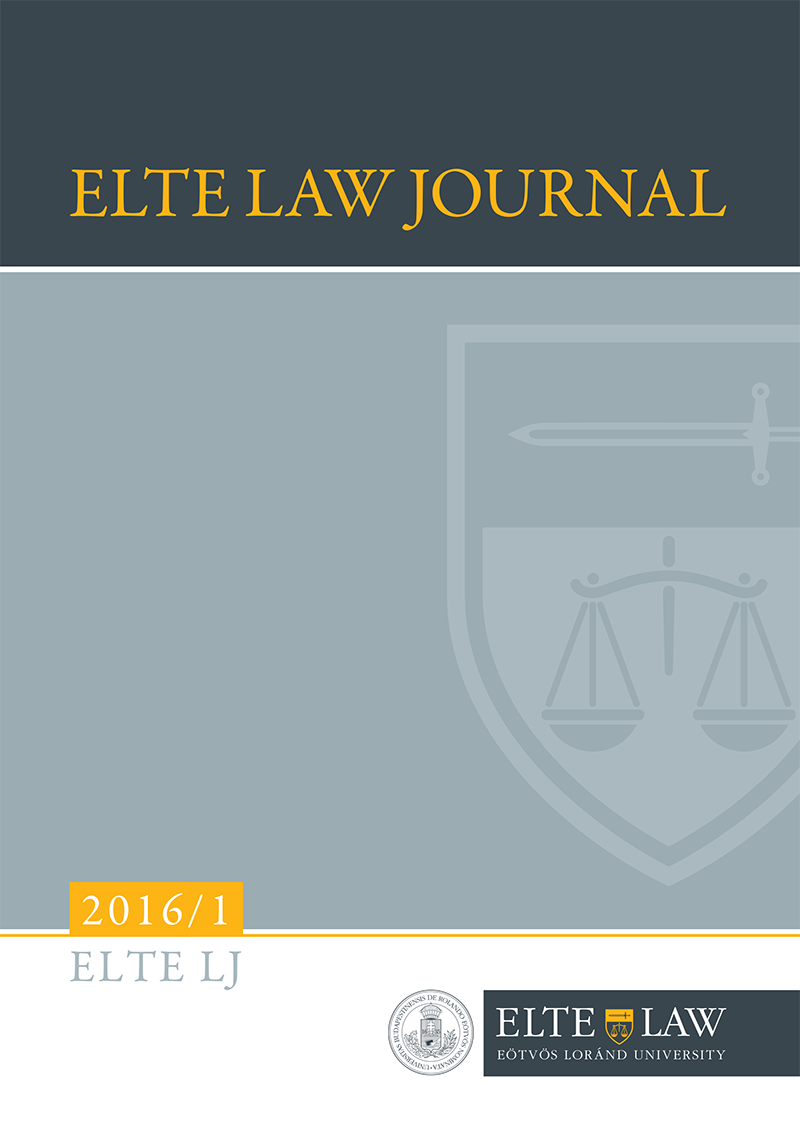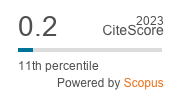Brexit — a Point of Departure for the Future in the Field of the Free Movement of Persons
Abstract
On 23 June 2016, voters in the United Kingdom (UK) rejected remaining in the European Union (EU) and the result initiated processes that can lead to the eventual resolution of the present UK- EU contractual relations.1 The ‘New Settlement’, approved in February 2016, and the period since the June referendum may serve us with many ideas regarding the conceptual elements of future contractual relations. In addition to the statements of Heads of State and Governments, several approaches can be found at both EU and national level which foreshadow future directions. Our considerations need to be seen through that prism. Firm political support for the four freedoms of the Internal Market and emphasis on the guiding principle of ‘everything can be put on the table once the Article 50 process is triggered’, are regarded as such, as along with the activity of the European Commission (its proposals in the field of free movement), the case-law of the European Court of Justice (ECJ) on social rights and some newly enacted legislation in the target countries of intra-EU migration. The article is centred around two questions, namely why the British attempt to restrict free movement of persons is not an isolated phenomenon and what are the chances of shielding the fundamental principle and inherent rights of free movement in the post-Brexit process. The article argues that the 2016 February ‘New Settlement’ is taken not only as a basis for negotiations with the UK but also as a basis for the internal law-making process of the EU. It is important because a deal with the UK will be much smoother if the internal debate around the most crucial issues will be closed prior to the decisive part of the Brexit negotiations. The article also argues that the EU-UK deal will probably not be more restrictive than the ‘New Settlement’: as such, the debate is no longer only about another opt-out for the UK but also about the unity of the remaining Member States.



